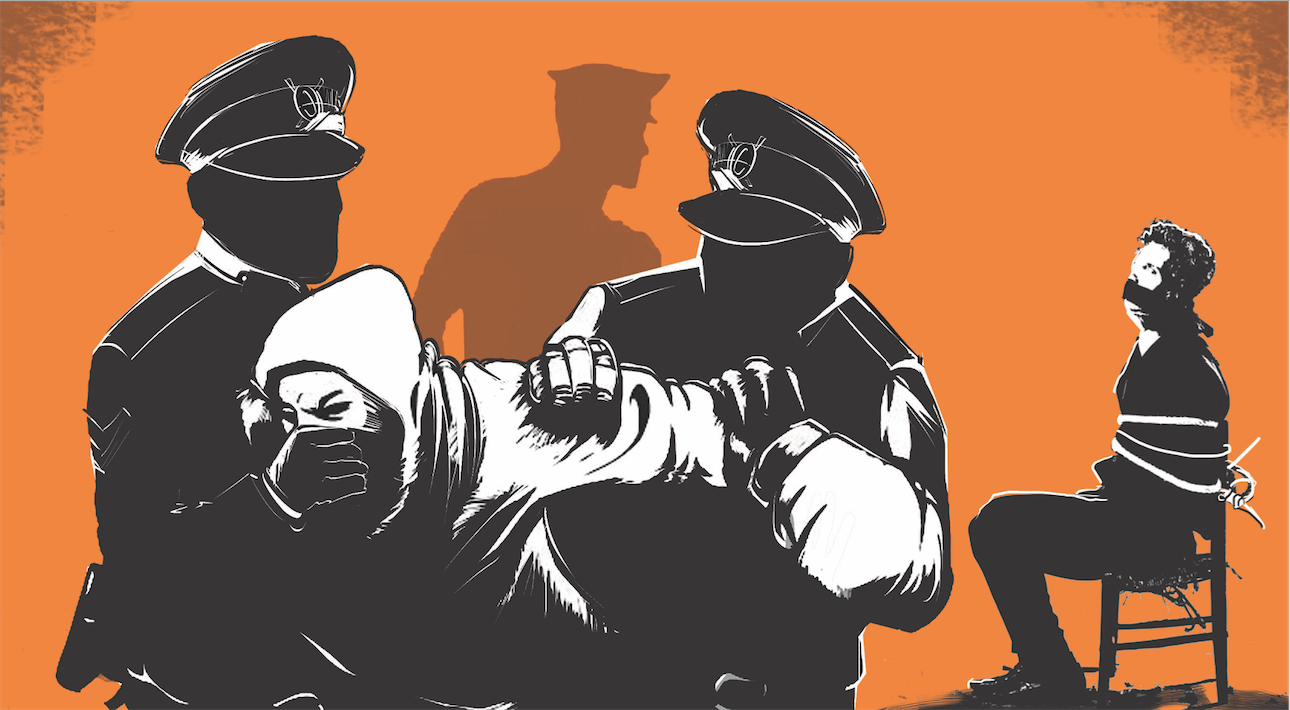

My first intimate encounter with Bob Njagi came shortly after his release from captivity in 2024. The Kenya Kwanza regime had detained him for 32 days, alongside Aslam Longoton and Jamil Longton, for leading protests in Kitengela against injustices inflicted on locals.
These protests coincided with the larger Gen Z demonstrations sparked by the punitive Finance Bill of 2024, which reflected decades of misrule, where authoritarian regimes like this one have continually subjected citizens to oppression.
When I met him, Njagi was visibly worn down, his face gaunt, his voice tired, his spirit unbroken. He recounted the ordeal of detention where he and the Longton brothers were held, sometimes receiving one meal a day, sometimes none, chained throughout and subjected to endless interrogations.
“Given the chance,” he told me quietly, “I would still take to the streets.”
That defiance became his creed. We maintained constant communication. Then, one day, he walked into the Kenya Human Rights Commission office with Nicholas Oyoo, the secretary general of the Free Kenya Initiative, where he also serves as the chairperson.
I learned about the vital work they were doing, especially in electoral governance. Njagi and Oyoo had turned their activism toward defending political participation and electoral justice. The two had previously contested political seats and were challenging the institutional barriers that independent candidates face in Kenya.
Their 2022 case targeted an unconstitutional rule by the IEBC requiring independent aspirants to submit copies of their supporters’ ID cards. The rule, they argued, blocked participation. In a victory, Justice Anthony Mrima of the High Court struck it down.
But there was a problem. The IEBC filed a notice of appeal and managed to stay the High Court’s decision, but three years later, it had not pursued the case further. The result was paralysis. The barriers that had kept many independent aspirants from getting onto the ballot remained.
Together with the KHRC, the duo and their initiative mounted a spirited fight in the Court of Appeal to have the matter determined quickly, especially with the November by-elections looming. A decision is still pending.
Then, on October 1, came the news that shook many of us. Njagi and Oyoo had been abducted in Uganda by state security agencies. They had travelled to attend campaign rallies of Bobi Wine, the National Unity Platform presidential candidate, who is once again challenging Yoweri Museveni, Uganda’s autocrat of nearly four decades.
As of this writing, it has been eight days since they were taken. Across East Africa, forced disappearances have become a tool of political control.
Uganda’s opposition figures, such as Kizza Besigye, have endured repeated arrests and prolonged detention. Activists routinely vanish for days or weeks. Journalists are silenced, and civil society organisations face constant threats.
Tanzania is the same. With elections slated for later this month, opposition leader Tundu Lissu faces spurious treason charges, while his party, Chadema, has been barred from participating in the vote.
When Kenyan and Ugandan activists travelled to observe his sham trial this year, Boniface Mwangi and Agather Atuhaire were abducted and tortured for days by Tanzanian police. Even prominent regional figures, including former Chief Justice of Kenya Willy Mutunga and ex-presidential running mate Martha Karua, were deported after showing solidarity.
At least 36 Ugandans have been expelled from Kenya in recent months.
The clampdown is intensifying as elections loom across the region. Tanzania votes this month, Uganda in January next year and Kenya is expected to hold its general election in 2027, though a pending court petition could move it to 2026.
Everywhere, incumbents appear determined to hold onto power, tightening their grip through intimidation and brute force.
Ugandan authorities cannot plausibly claim ignorance of Njagi and Oyoo’s whereabouts. We know they are being held. They must be released immediately, along with all other political prisoners detained for exercising their fundamental freedoms.
Importantly, the international community must stop treating repression in East Africa as a domestic issue. The region’s regimes are bound by the African Charter on Human and Peoples’ Rights, the International Covenant on Civil and Political Rights, among others, as well as their constitutions.
The silence of global partners, especially those funding security cooperation, makes them complicit in the erosion of rights they claim to defend.
Kenya Human Rights Commission’s senior communications officer












